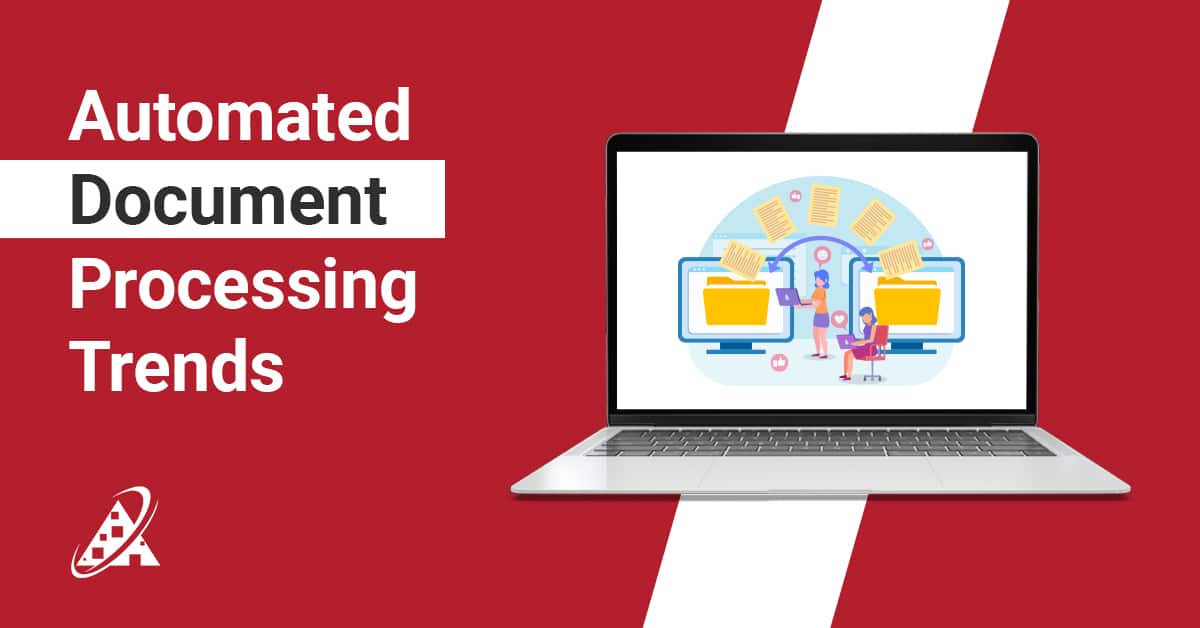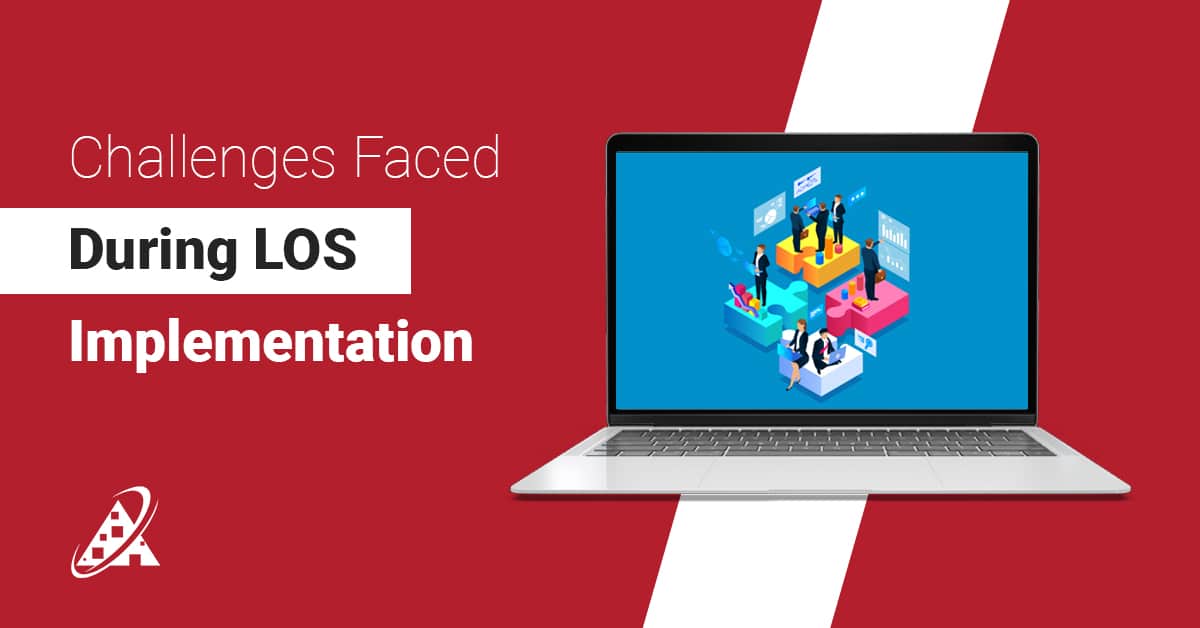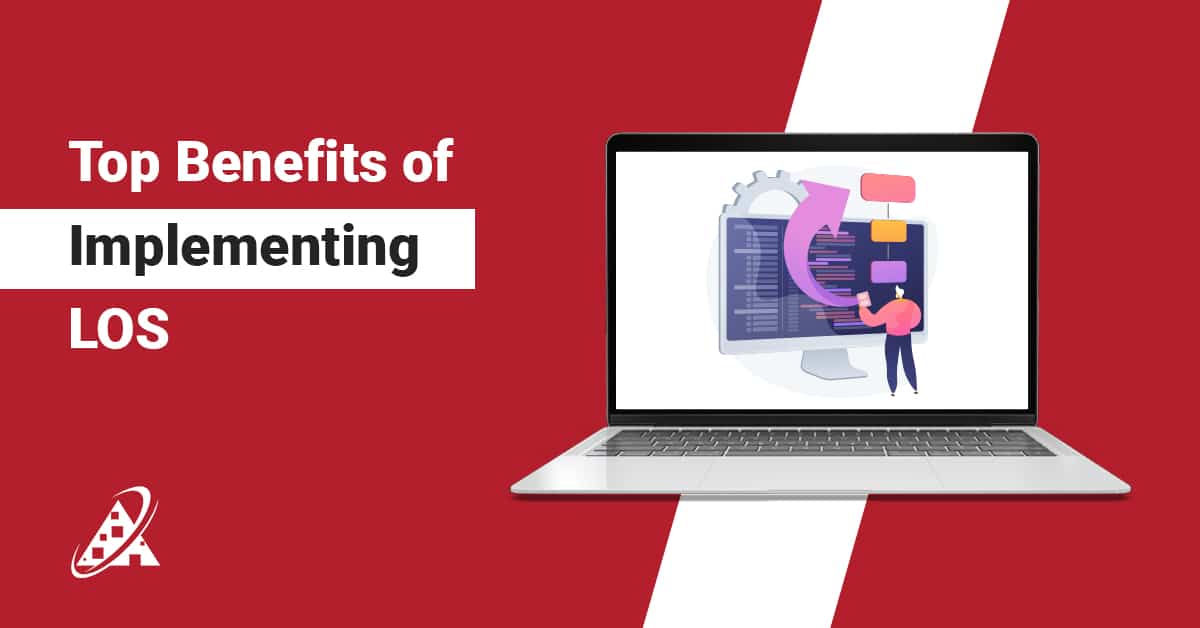Understanding Liens, Debt Collection, and Homeownership
Homeownership is a dream for many, but financial struggles can lead to mounting debts, including credit card debt. If you’re facing financial difficulties, you may wonder if credit card companies can take your house or put a lien on your property. In this blog post, we’ll explore the possibilities and limitations of credit card companies and creditors when it comes to your home.
Understanding Debt Types: Secured vs. Unsecured
To grasp the potential impact of credit card debt on your home, it’s essential to differentiate between secured and unsecured debt. Secured debt, like a mortgage or a car loan, is backed by collateral, meaning the lender can repossess the property if you default on payments. Credit card debt, on the other hand, is unsecured. This means there’s no specific property serving as collateral for the debt.
Can Credit Card Companies Put a Lien on Your House?
Credit card companies typically issue unsecured debt, which means the debt is not backed by collateral such as your home or car. However, if you fail to make payments on your credit card debt and it goes into default, the credit card company may take legal action to recover the debt. This can include seeking a judgment, which could potentially lead to a lien on your property. It’s important to note that credit card companies typically do not initiate this process themselves, but they can hire debt collection agencies to do so on their behalf.
Understanding Liens
A lien is a legal claim that someone has on your property to secure a debt. In the case of credit card debt, if a creditor obtains a judgment against you, they can place a lien on your property. This means that if you were to sell your home, the creditor would have a right to the proceeds from the sale to satisfy the debt.
Can a Creditor Put a Lien on Your House for Unsecured Debt?
While it is possible for a creditor to obtain a judgment and place a lien on your property for unsecured debt, this is relatively uncommon when dealing with credit card debt. It’s important to note that the process of obtaining a judgment and placing a lien on property can be complex and expensive for creditors. They are more likely to pursue other methods of debt collection, such as wage garnishment or bank account levies.
Can A Lien Be Placed On My House For A Spouse’s Debt?
When you and your spouse jointly own a home and are dealing with credit card debt, it’s important to understand how debt liability is distributed. While credit card debt incurred solely in one spouse’s name typically holds that spouse responsible, the legal status of the marriage, community property laws in some states, and the specifics of the debt matter. In community property states, both spouses may be held responsible for debts incurred during the marriage, including credit card debt. However, creditors typically focus their collection efforts on the account holder.
Can Loan Companies Come to Your House?
Loan companies, like credit card companies, can seek repayment for unpaid debts, but they typically do not have the authority to physically come to your house to collect the debt. Debt collection laws and regulations restrict aggressive collection tactics, such as personal visits to your home. Most debt collection efforts are done through written correspondence, phone calls, and, if necessary, legal action in the form of lawsuits.
Can Debt Collectors Come to Your Home?
Debt collectors, working on behalf of creditors, may contact you to discuss your debt and potential repayment options, but they must adhere to the Fair Debt Collection Practices Act (FDCPA). This federal law prohibits debt collectors from using harassment, threats, or intimidation to collect a debt. It also restricts their ability to visit your home without your permission.
Likelihood of Home Sale
One crucial point to remember is that most creditors won’t immediately force you to sell your house to cover a judgment lien. They’ll only receive their money if there’s equity left in the property after paying the homestead exemption, your mortgage, and any other liens.
Conclusion
While it is possible for credit card companies and creditors to put a lien on your house in certain circumstances, it is relatively rare, especially for unsecured debt like credit card debt. Debt collection agencies may contact you through various means, but they must do so within the bounds of the law. It’s important to seek legal advice and explore debt relief options if you are struggling with debt to protect your home and financial future.











